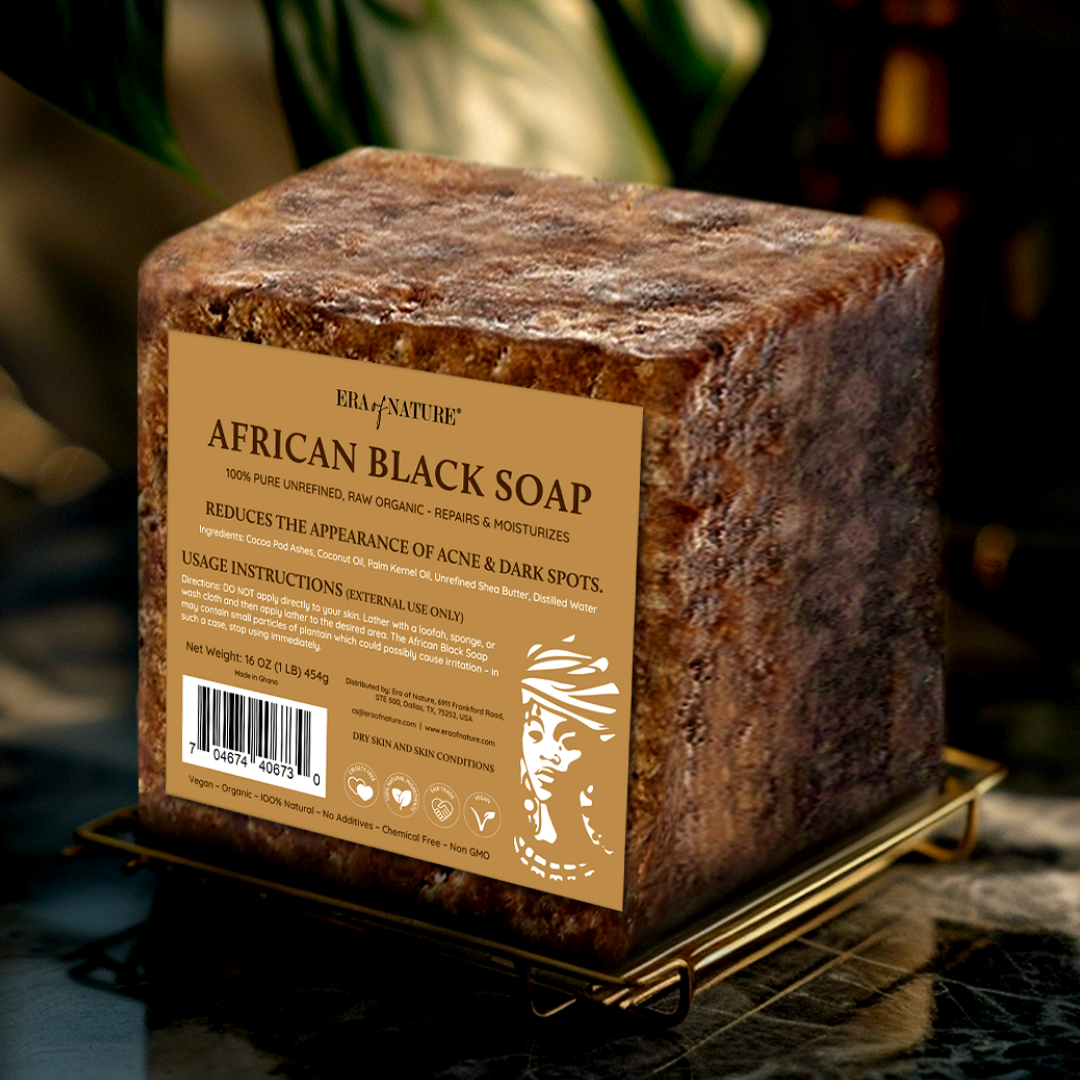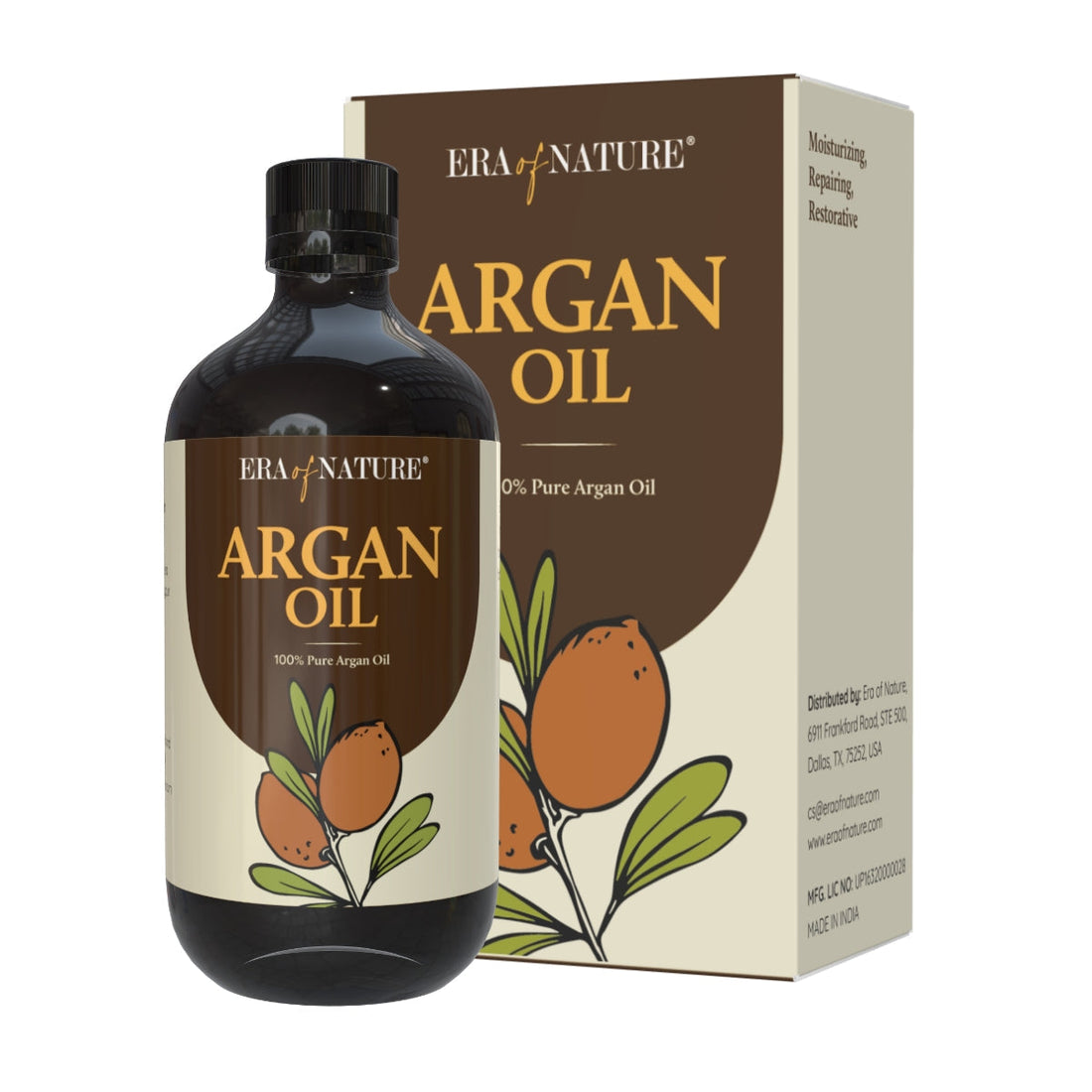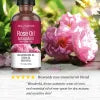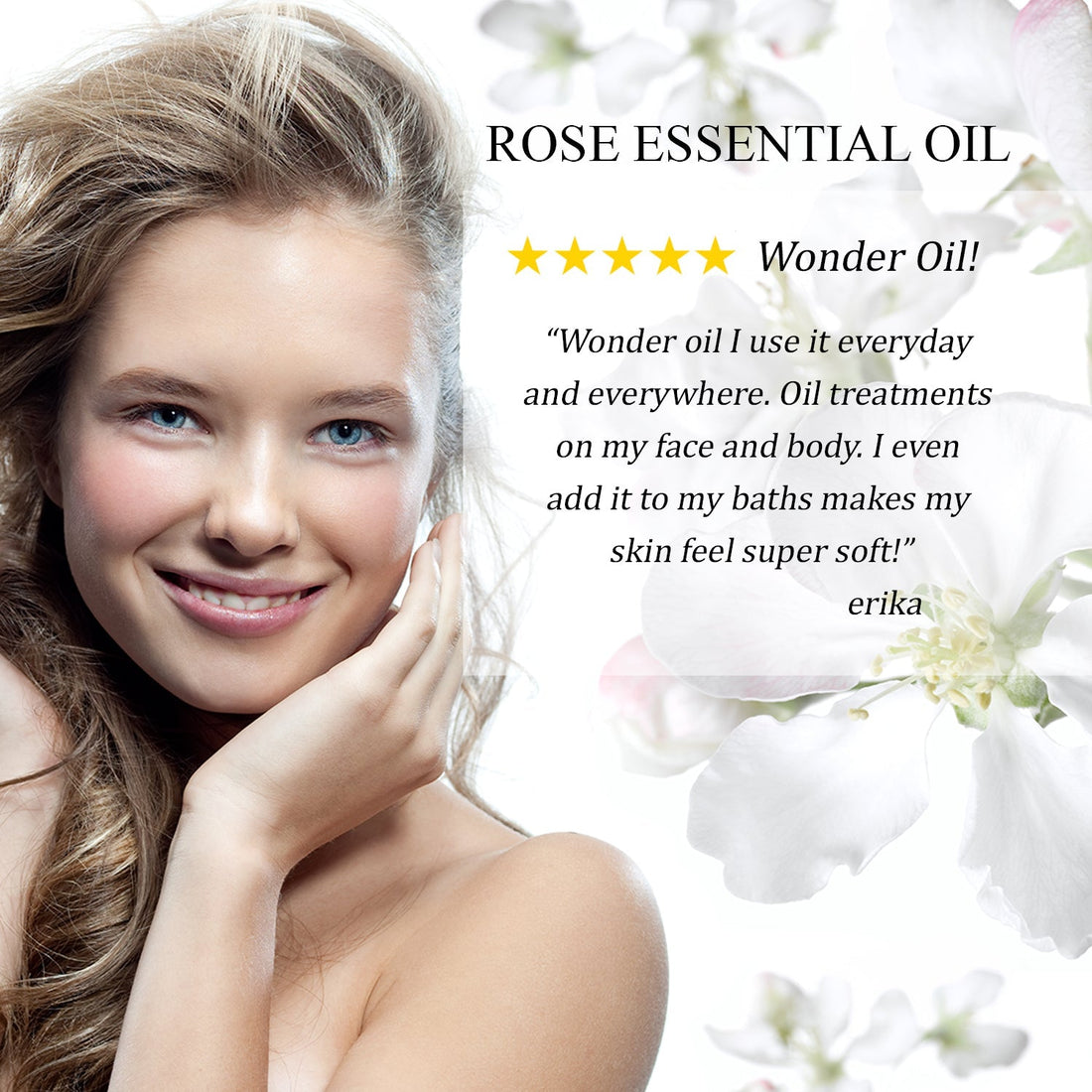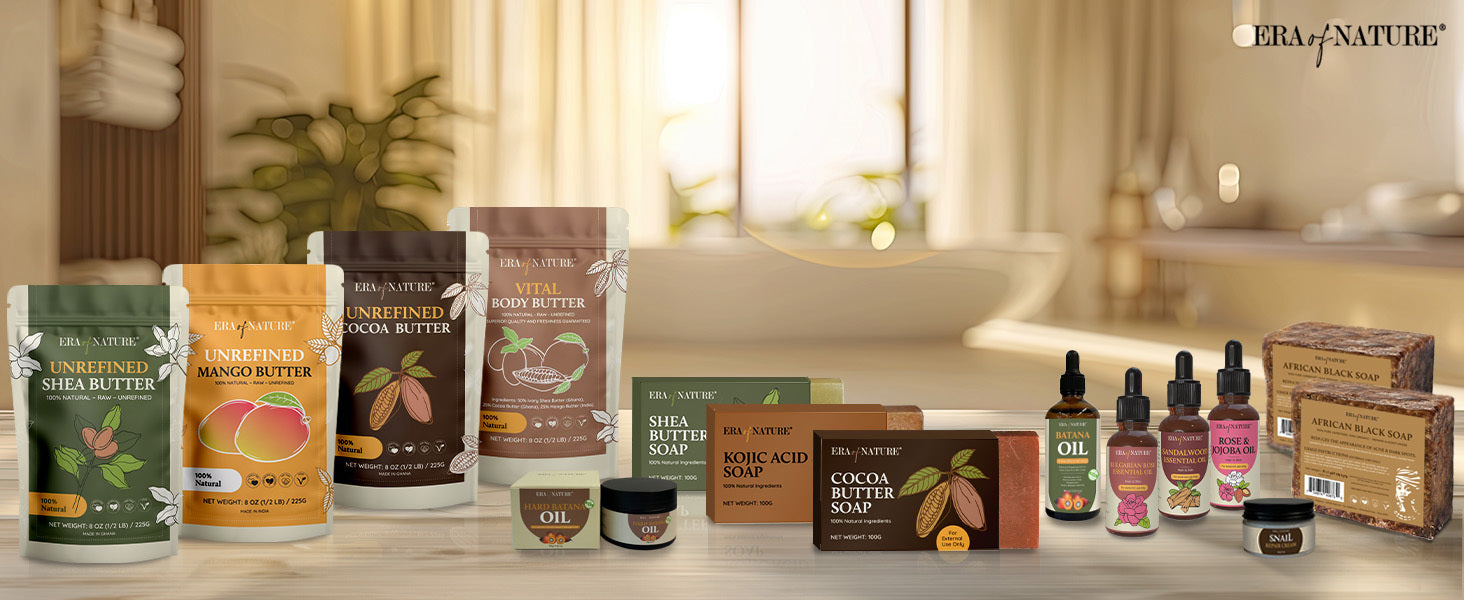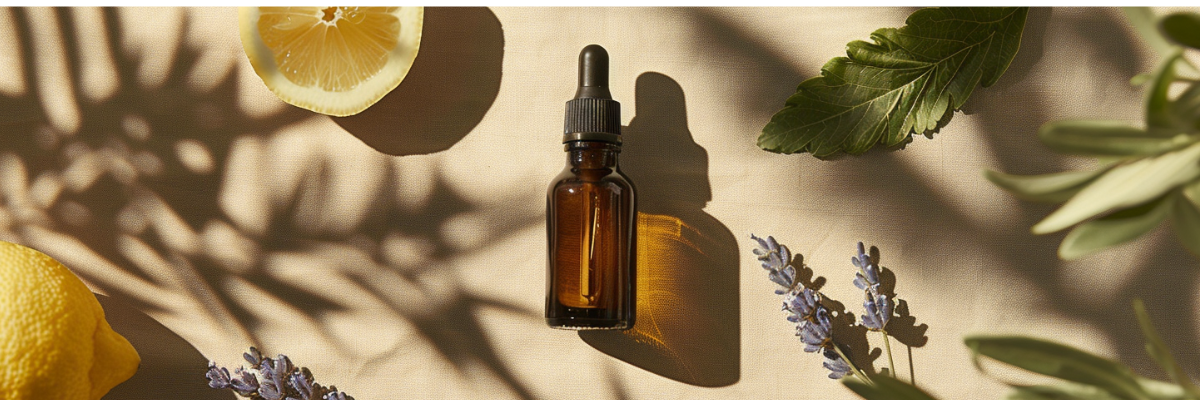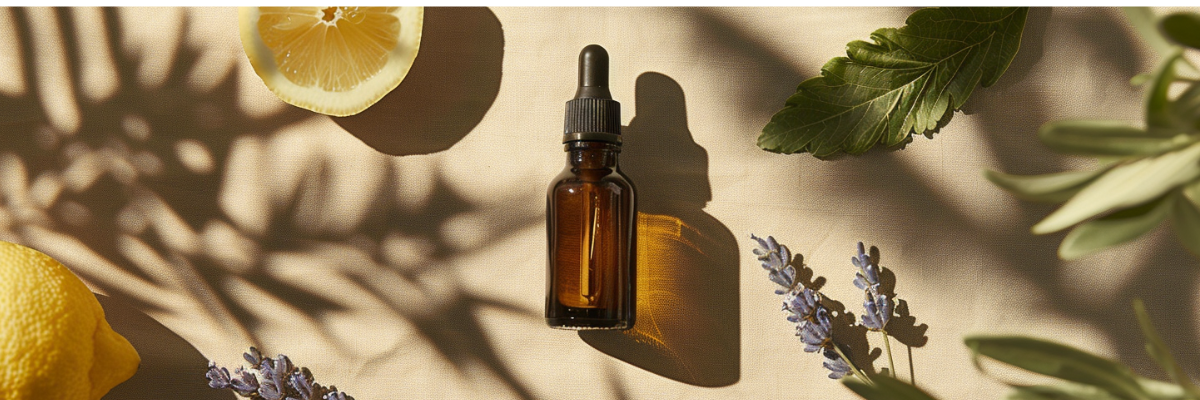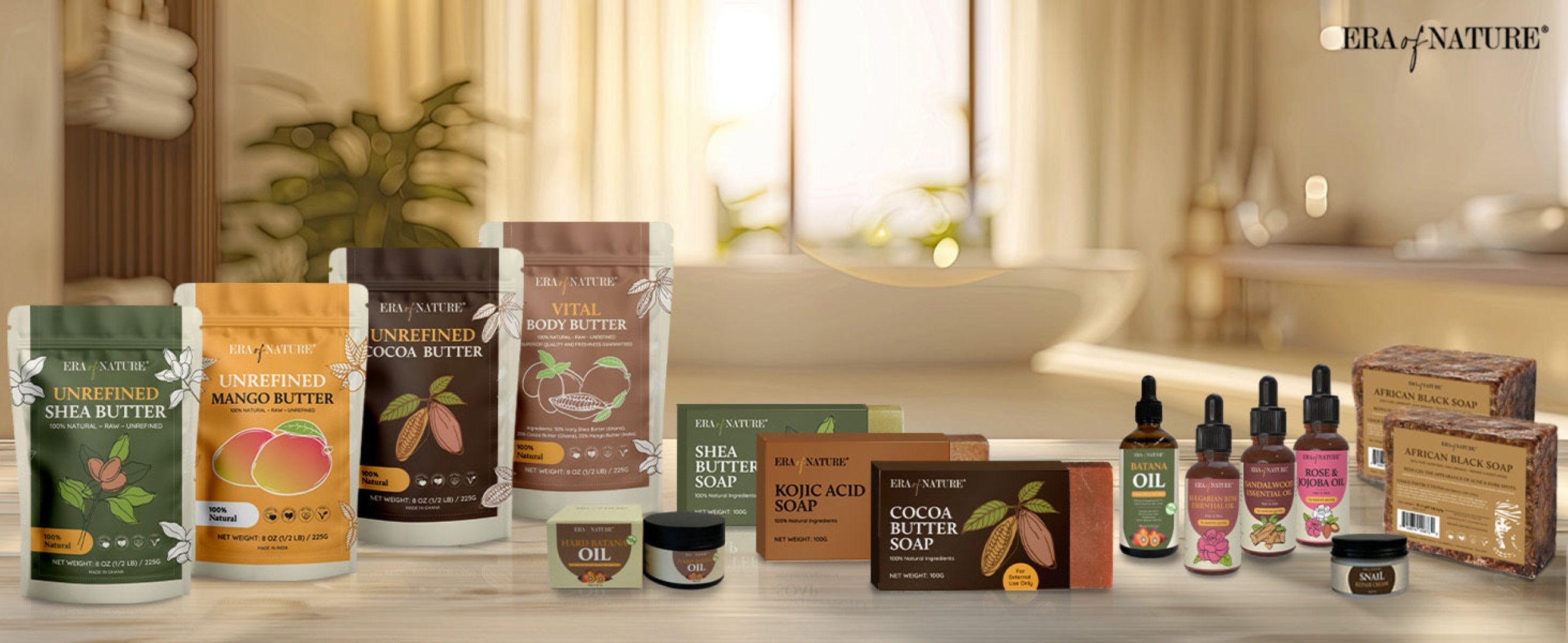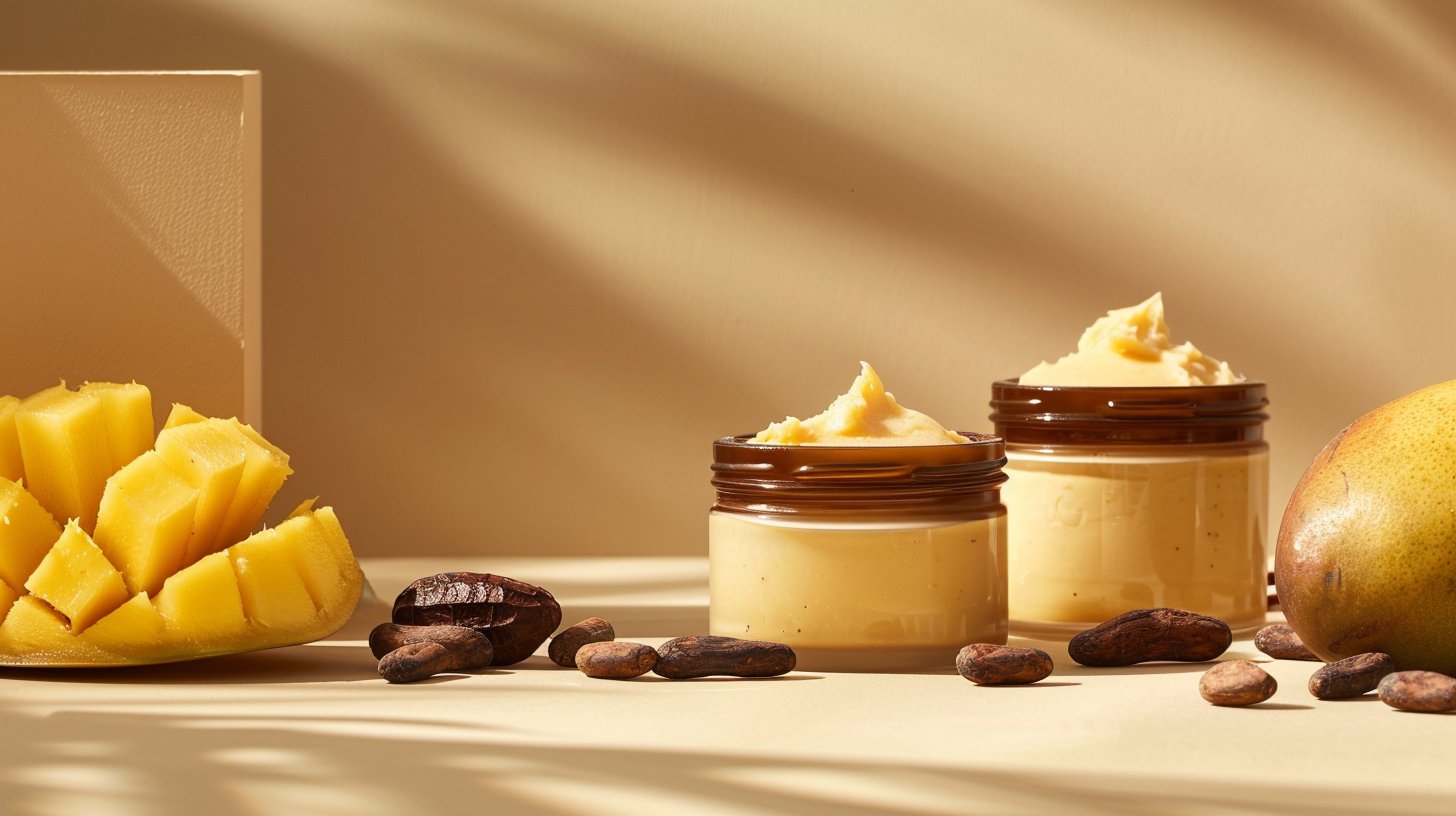African Black Soap, a time-honored cleansing tradition, has made a significant impact on the modern skincare landscape. Praised for its natural ingredients and powerful benefits, it has become a staple for many seeking a purer, more effective skincare routine. But with its growing popularity come questions about its origins, uses, and suitability for different skin types. Here, we address the most common inquiries to help you get the most out of this remarkable product.
What is African Black Soap?
Authentic African Black Soap, known as "Ose Dudu" in Yoruba or "Alata Samina" in Ghana, is a traditional soap made from plant-based ingredients native to West Africa. Its unique dark color comes from the ash of locally harvested plants like plantain skins, cocoa pods, and shea tree bark. These ashes are combined with nourishing oils such as palm kernel oil, coconut oil, shea butter, and cocoa butter, and then hand-processed into a soft, textured soap. Unlike commercial soaps, true African Black Soap is unrefined and contains no artificial fragrances, dyes, or chemical additives.
What are the benefits of African Black Soap?
-
Gentle Exfoliation: The plant-based ash in the soap provides a gentle exfoliating effect, which helps to slough away dead skin cells and reveal a brighter, smoother complexion.
-
Antioxidant Protection: Ingredients like plantain skins are a natural source of antioxidants, such as vitamins A and E. These help to protect the skin from damage caused by free radicals.
-
Deep Hydration: The high concentration of shea and cocoa butter ensures the skin receives deep hydration, leaving it soothed and moisturized without a greasy feel.
-
Deep Cleansing: It is known for its ability to provide a deep cleanse, effectively removing impurities and making it a good choice for various skin concerns.
-
Acne Management: Its antibacterial properties and ability to exfoliate and unclog pores can be highly effective in reducing the frequency and severity of breakouts.
-
Skin Balancing: African Black Soap can help balance the skin's natural oil production, which is beneficial for both oily and combination skin types.
Is African Black Soap good for acne?
Yes, many people find African Black Soap to be highly effective in managing acne. Its antibacterial properties help to combat the bacteria that contribute to breakouts. The gentle exfoliation helps to unclog pores, preventing the buildup of oil and dead skin cells. The soap's ability to balance the skin's natural oil production can also be a game-changer for those with oily, acne-prone skin. While it is not a cure, incorporating it into a daily routine can significantly reduce the frequency and severity of breakouts.
How should I use African Black Soap on my skin?
Due to its soft and crumbly nature, it’s best to pinch off a small piece of the bar and lather it in your hands with water. Apply the lather to your face or body, using gentle, circular motions. You can use a washcloth or loofah for body application, but for the face, your hands are often sufficient. Rinse thoroughly with cool or lukewarm water. For a deeper cleanse or mask, you can leave the lather on your skin for a few minutes before rinsing. Always follow up with a good moisturizer, as even the most hydrating soaps can slightly dry out the skin.
Can you use African Black Soap every day?
For most people, using African Black Soap daily is perfectly fine. Its gentle nature makes it suitable for regular use. However, some individuals, particularly those with very sensitive or dry skin, may find it slightly too strong for a daily routine. In these cases, it's best to start by using it a few times a week and gradually increase frequency if your skin responds well. Pay attention to how your skin feels—if you notice any signs of dryness or irritation, it’s a sign to cut back on usage.
Are there side effects or skin types that should avoid it?
While generally safe, African Black Soap can be potent. Some people may experience a tingling sensation or slight dryness, especially when they first start using it. This is often part of the detoxifying process as the soap draws out impurities. However, those with extremely sensitive skin, eczema, or rosacea should use caution. The plant-based ingredients can sometimes trigger a reaction. It's always wise to perform a patch test on a small area of your skin before applying it all over. If you have a known allergy to any of the natural ingredients like shea butter or cocoa, it is best to avoid it. If irritation persists, discontinue use.

